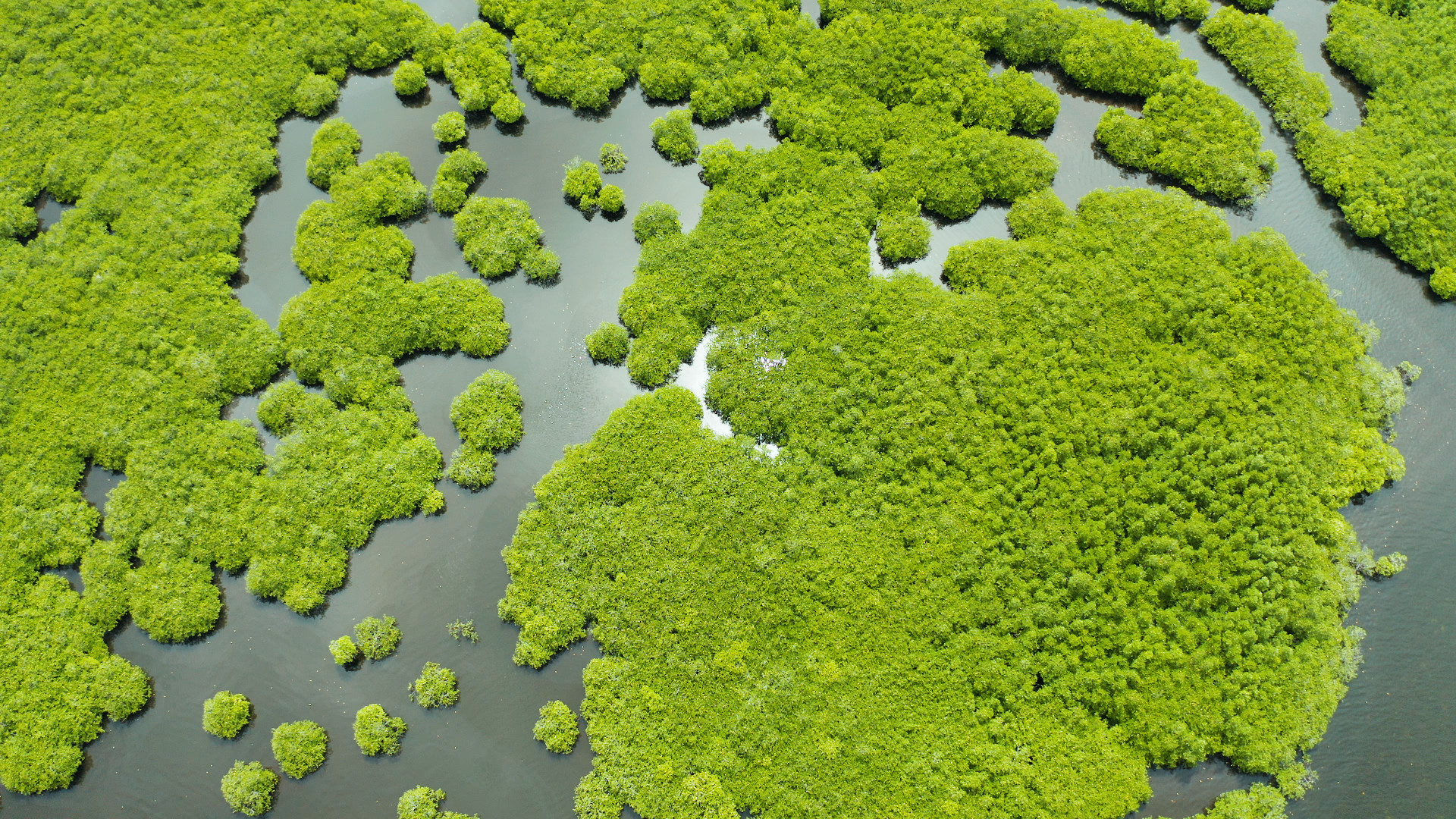Global Water Partnership and Cap-Net UNDP under the guidance of UNEP have made significant progress in 2021 on the pilot project "Integrating freshwater data into sector-wide decision making to improve the protection and restoration of freshwater ecosystems." The partners completed the first component of the project, training over 250 people in three countries, and are now engaging in the development of action plans to protect and restore freshwater ecosystems with stakeholders.
About the initiative
The pilot project supports and promotes the integration of environmental data into relevant decision-making processes through multi-stakeholder engagement to improve the preservation, management, and restoration of freshwater ecosystems, thereby accelerating progress under SDG 6.6.1.
Once the program is completed, the target countries will have increased capacity and political will to protect and restore freshwater ecosystems, and stakeholders in the countries will have endorsed action plans to protect and restore prioritised key ecosystems.
The objectives are being met through the implementation of pilot projects in Argentina, Kazakhstan, and Kenya. The activities include increasing decision-makers’ understanding and strengthening the technical competence of institutional players to conserve and/or restore freshwater ecosystems.
Moreover, an ecosystem-specific cross-sectoral action plan to protect and/or restore specified ecosystems is prepared with stakeholders. The project makes use of the SDG 6.6.1 Freshwater Ecosystems Explorer platform launched in 2020 to support global level monitoring on SDG 6.6.1, which provides up-to-date, high-resolution geospatial data showing how freshwater ecosystems change over time.
2021 Progress
The project began implementation in October 2020 and is expected to be completed by June 2022. The progress report revealed that the pilot projects made substantial strides forward, building on the power of the on the ground networks in the countries as well as on a strong collaboration with the mandated institutions.
A training manual on Integrating data to improve the protection and restoration of freshwater ecosystems was developed and adapted for each country context to increase awareness and understanding of relevant stakeholders and decision-makers about the importance of restoring and preserving freshwater ecosystems. In addition, UNEP has been providing demonstrations on the SDG 661 Freshwater explorer platform to country teams to promote the use of this global data in planning and decision-making.
In Argentina, the online course elicited high interest, with more than 250 people applying to participate. Sixty institutional experts were selected to attend and completed the course. An awareness raising workshop was also organised for decision-makers.
Provincial authorities and national parks were invited by the project focal point in the Ministry of Environment and Sustainable Development to identify key ecosystems for protection and restoration. Two ecosystems were prioritised for action planning, and the plans will be developed with stakeholders over the coming months.
Moving to Kazakhstan, approximately 120 people attended the online course in November 2021. After a public awareness event in September 2021, the project will be presented to the governmental high-level Working Group Planet in December 2021.
An expert meeting to prioritise freshwater ecosystems for action was convened in August 2021. Because of its unique biotic complex and its socio-economic and political relevance for the country, the expert group recommended to prioritise the Lake Balkhash ecosystem. The Balkhash-Alakol Water Basin Council is engaged in the action planning process and the plan is expected to be finalised in January 2022.
CAR@WAN, a Cap-Net UNDP affiliated Network, has also made contributions to national policy making. The network made recommendations on water goals under the government’s initiative for a Green Kazakhstan, linking to progress under SDG 6. Ultimately, a recommendation adopted under the Green Kazakhstan initiative relates to Saving Freshwater ecosystems, with 3 indicators linked to the health of the key ecosystems Lake Balkhash, North part of Aral Sea, and Caspian Sea.
In Kenya, 25 government officials attended an awareness-raising workshop on SDG 6.6.1 in August 2021, and the online course for mandated institutions organised in October and November 2021 drew 72 participants.
The prioritisation process gathered a variety of parties and institutions who were invited to a meeting in September 2021 to discuss ecosystem protection priorities. The Ewaso Ngiro North River Basin was recognised as high priority ecosystem for action planning under the project.
The action planning process begins in December 2021 with a workshop gathering national and basin stakeholders. Following this, a draft action plan will be developed and finalized during a second stakeholder workshop.
Joining forces to protect water ecosystems
GWP and Cap-Net UNDP combine unique forces that contribute to the project’s implementation and ultimately the achievement of SDG 6.6.1. Through their global secretariats, GWP and Cap-Net UNDP coordinate the pilot project’s activities, under the guidance of UNEP, the custodian agency for SDG 661. Both GWP and Cap-Net UNDP networks have a strong presence in Argentina, Kazakhstan, and Kenya through Country Water Partnerships and Cap-Net UNDP affiliated networks and capitalise on each other's capabilities to boost outreach and impact.

